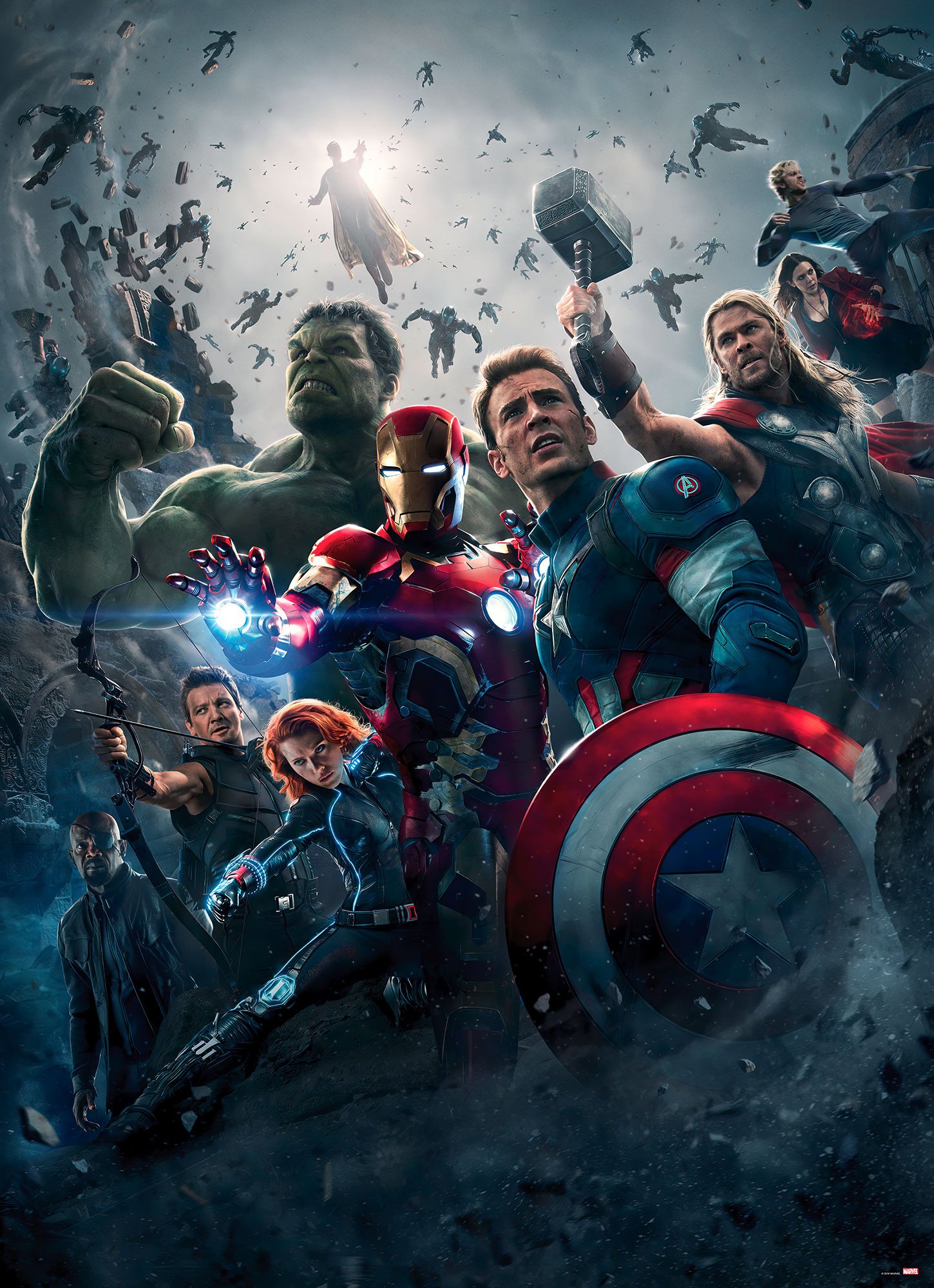At their best, simulation management games offer a Koyaanisqatsi-esque view of humming, nuanced human systems and the fraught decision points leading to their creation. Until its rocky 2013 reboot, Maxis’s SimCity was the relatively uncontested torchbearer of the genre. While it’s impossible to claim any game is free of its creator’s editorial biases, SimCity‘s design always seemed to challenge partisanship. One player, for instance, may not feel particularly driven to pump funding into their city’s educational institutions, but only at the cost of increased lawlessness and decreased technological innovation. Alternatively, a player may want to make their city a green utopia, exclusively using alternative energy sources to power their metropolis, but a much less expensive coal mine will sit, calling them, from a submenu whenever they want to expand.
The bumpy start for SimCity’s mainstream return, mainly driven by a bewildering requirement of online DRM and city plot size restriction, left room for lesser known developers to innovate. Colossal Order’s Cities: Skylines served as the opening salvo of the genre’s contemporary resurgence, providing direct answers to all the questions begged by SimCity‘s missteps. Not surprisingly, developers turned to the past for popular management games ripe for modernization. Theme park management simulator RollerCoaster Tycoon is in the DNA of Planet Coaster and, more recently, Jurassic World Evolution. Games like Game Dev Tycoon have taken a meta approach to the genre, putting players in the shoes of game developers, a sorely needed empathy source considering the pitiful outcry over a reduced puddle in Marvel’s Spider-Man.
One simulation management game due for a dramatic update was Theme Hospital, a game where players managed a hospital with the goal of curing the fictitious and comical diseases of their patient population. It’s the sort of game where someone could have an acute case third-degree sideburns, which is precisely what it sounds like. Thanks to some of the original developers at British studio Two Point and publisher Sega, we now a worthy successor to a beloved game in Two Point Hospital.
Perhaps the most significant barrier to entry of many simulation management games is the numerous systems players have to worry about at any given time. Throwing average players in the deep end from the outset is almost never a good way to encourage extended play. That’s why Two Point Hospital‘s campaign-style experience feels so smart and welcoming. The game methodically doles out new concepts as they become relevant, but players still have the option of discovering how these systems work on their own. Progression seems to operate on a familiar action RPG cadence, which feels sort of novel for a genre typically dependent on a trial and error style of play.
In terms of presentation, Two Point Hospital is exemplary. Your hospitals practically start as empty floor plans, so it is genuinely gratifying to see them become teeming centers of patient care, albeit with the type of treatment that requires giant magnets to remove pots from the craniums of the good people of Two Point county. The patients and staff populating your hospitals fit the game’s overall cartoony aesthetic, looking like they walked off the set of a Wallace and Gromit short film. The procedural generation of these patients and staff can yield some cringe-worthy results, but not any more so than other games using the technology. Particularly charming is the game’s score, which recalls the jocular light funk tunes of early SimCity games, only these are cued up by a cast of eccentric DJs.
Most importantly, Two Point Hospital delivers the simulation management goods where it counts. If the primary goal is providing excellent patient care and running a profitable hospital, players will have to achieve those aims from a wide variety of angles. Physicians and nurses have to be kept happy to avoid burnout and deliver quality care. Raising their pay will only work in the short term. You’re going to want to upgrade your break room and make sure basic necessities, such as bathrooms and places to eat, are never in short supply. So, you’ll need janitors to keep facilities clean and machines operational—they’ll also need to hoover up the occasional ghost of a patient that’s died in your hospital’s care. The patients’ well-being also depends on factors outside the realm of medicine, such as the temperature of the building and access to entertainment.
Your ability to provide quality care for profoundly goofy diseases yields more goodwill than healthcare management games, such as Big Pharma, which is stone-faced in its presentation of the state of pharmaceutical manufacturing. The state of health care and its potential impacts is a loaded subject, especially here in the U.S., so keeping things light and abstract was probably the right move.
The deepest criticism I can leverage against Two Point Hospital would be due to its occasionally cornball tone, but, at the same time, I am not sure I want to deal with the gravity of simulated patient deaths without a healthy dose of absurdist humor. The randomly generated descriptions and appearance of staff and patients also want for some fine-tuning, but there is hardly enough time to find them genuinely troubling.
Two Point Hospital not only succeeds in its aims of modernizing a cult classic simulation management game, but it also outclasses its source material in every category. By taking thoughtful, innovative approaches to tutorials and progression in a genre sorely in need of them, Two Point Hospital sets itself apart as a modern day classic.
This review is based on the PC version of the game. A copy was provided to us by Sega.








Published: Sep 12, 2018 12:30 pm